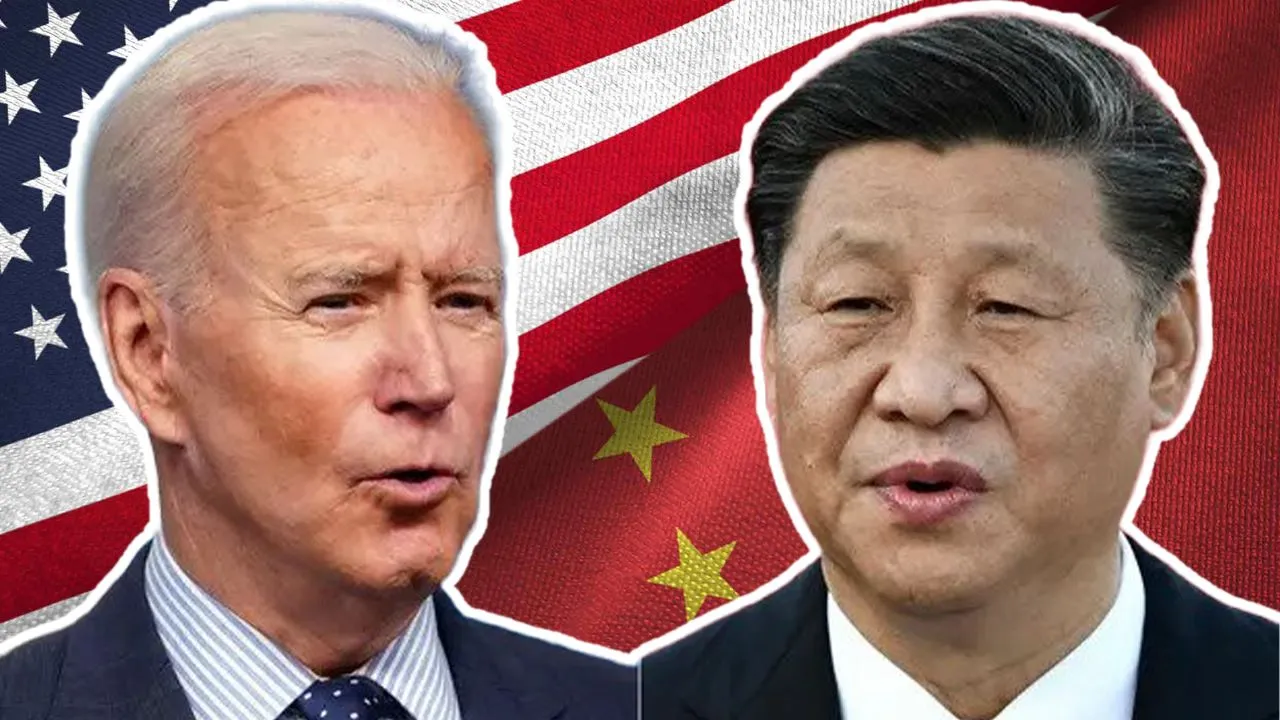In response to escalating tensions between the United States and China, the global landscape of undersea cable deployments is witnessing a key shift. Many international subsea cable projects are circumventing China, with concerns over data security and geopolitical influence looming large.
Once envisioned as a future hub for subsea networks, China now faces a marked decline in the number of undersea cables linking it with the rest of the world.
Subsea cables form the backbone of the internet, telecommunication, and international data transmission. These cables stretch across vast ocean expanses, connecting continents and countries in a complex web of connectivity. Despite their slender appearance, they are the conduits through which the world communicates, conducts business and shares knowledge.
The importance of subsea cables extends far beyond their technical capabilities. They are essential drivers of economic growth, enabling international trade, commerce, and financial transactions on a scale never before possible. Moreover, subsea cables play a crucial role in bridging the digital divide by providing access to information and resources in remote regions and developing countries.
The AsiaNikkei report claimed that China will have only three cables laid down after this year, less than half the planned number for Singapore. It is a trend that signals potential disruptions to international communication networks.

